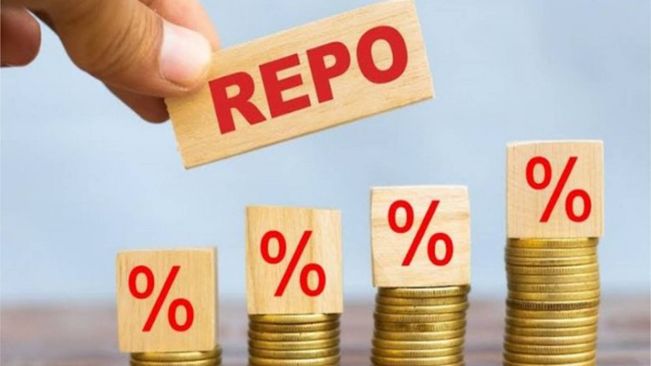As things stand, the monetary policy committee is most likely to maintain status quo.
The three-day bi-monthly monetary policy committee (MPC) meeting of the RBI began on Wednesday. The RBI typically conducts six bimonthly meetings in a financial year, where it deliberates interest rates, money supply, inflation outlook, and various macroeconomic indicators.
For the fourth straight occasion, the monetary policy committee, through its October review meeting, unanimously decided to keep the policy repo rate unchanged at 6.5 per cent, thus maintaining the status quo.
In its past four meetings, it held the repo rate unchanged at 6.5 per cent. The repo rate is the rate of interest at which RBI lends to other banks.
While deliberating the policy statement in October, RBI Governor Shaktikanta Das said the central bank was concerned and it had identified high inflation as a major risk to macro-economic stability and sustainable growth.
Das had reiterated that the monetary policy committee is committed to aligning India's headline inflation at 4 per cent level.
A relative decline in inflation, barring the latest spike, and its potential for further decline may have prompted the central bank to put the brake on the key interest rate. Inflation has been a concern for many countries, including advanced economies, but India has largely managed to steer its inflation trajectory quite well.
Barring the latest pauses, the RBI raised the repo rate by 250 basis points cumulatively to 6.5 per cent since May 2022 in the fight against inflation. Raising interest rates is a monetary policy instrument that typically helps suppress demand in the economy, thereby helping the inflation rate decline.
Retail inflation in India continued to ease through October, supported by a relative decline in some of the sub-indexes. The October consumer price index (CPI) came at a four-month low of 4.87 per cent against 5.02 per cent the previous month.
Retail inflation in India though, is in RBI's 2-6 per cent comfort level but is above the ideal 4 per cent scenario.
"We are going into the policy with an improved domestic macroenvironment and benign external factors. Q2 FY24 GDP surprised on the upside, and therefore we expect RBI to revise the projections up for the full year," said Parijat Agrawal, Head - Fixed Income, Union Asset Management Company.
"Concerns around oil prices have reduced and have been close to around $80 for a few weeks now. Although MPC will emphasise on bringing inflation to the 4 per cent target, we expect MPC to remain on pause on rates and stance...We may also hear a bit more about the retail/unsecured credit environment," he said.
The Indian economy grew 7.6 per cent during the July-September quarter of the current financial year 2023-24, remaining the fastest-growing major economy. India's GDP growth for the April-June quarter grew 7.8 per cent.
SBI Research, in a report in the run-up to the RBI policy meeting, said they expect the central bank to continue to pause the repo rate.
"Domestically, we believe at 6.50%, we are in for a prolonged pause, no rate reversal cycle till Jun'24," the SBI Research report said.
According to G Hari Babu, National President of NAREDCO (National Real Estate Development Council), "While the realty sector continues to exhibit strength, and sentiments remain positive, a modest reduction of approximately 25 to 30 basis points would send a positive signal. It would act as a psychological boost for the sector and provide the much-needed stimulus to the affordable housing segment in tier 2 and 3 cities."
(ANI)
Read Business News















